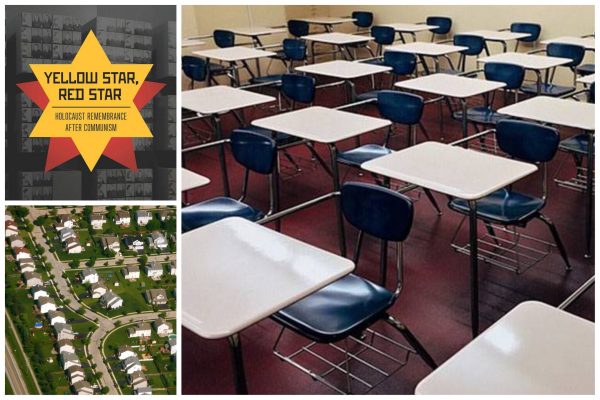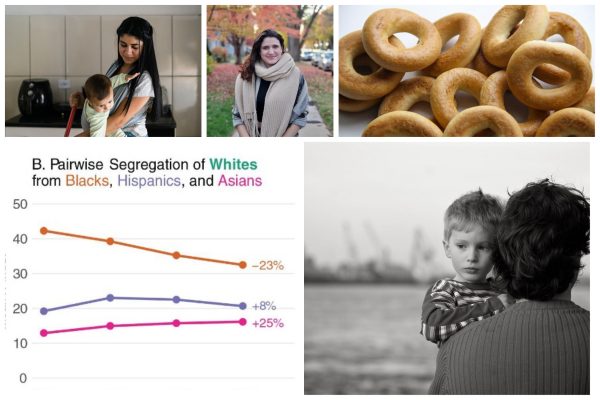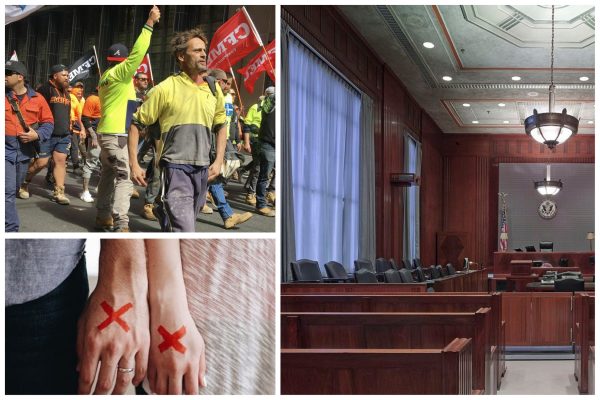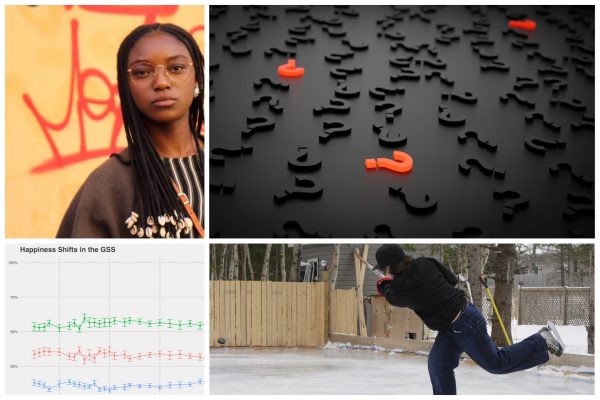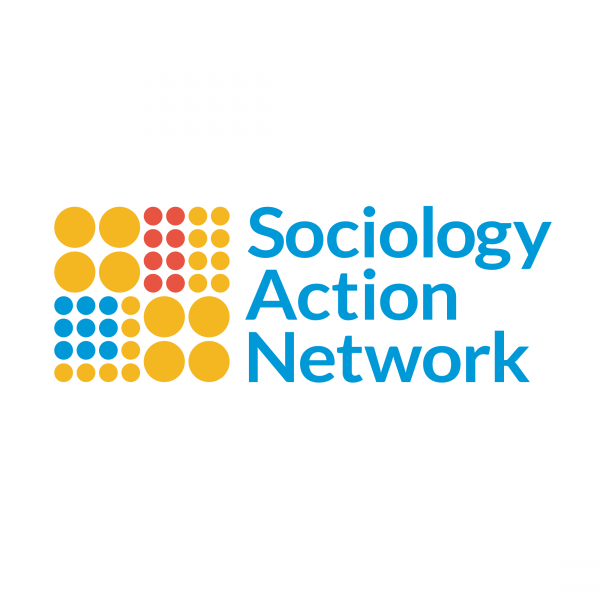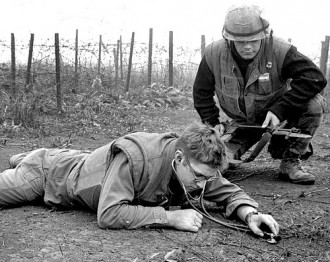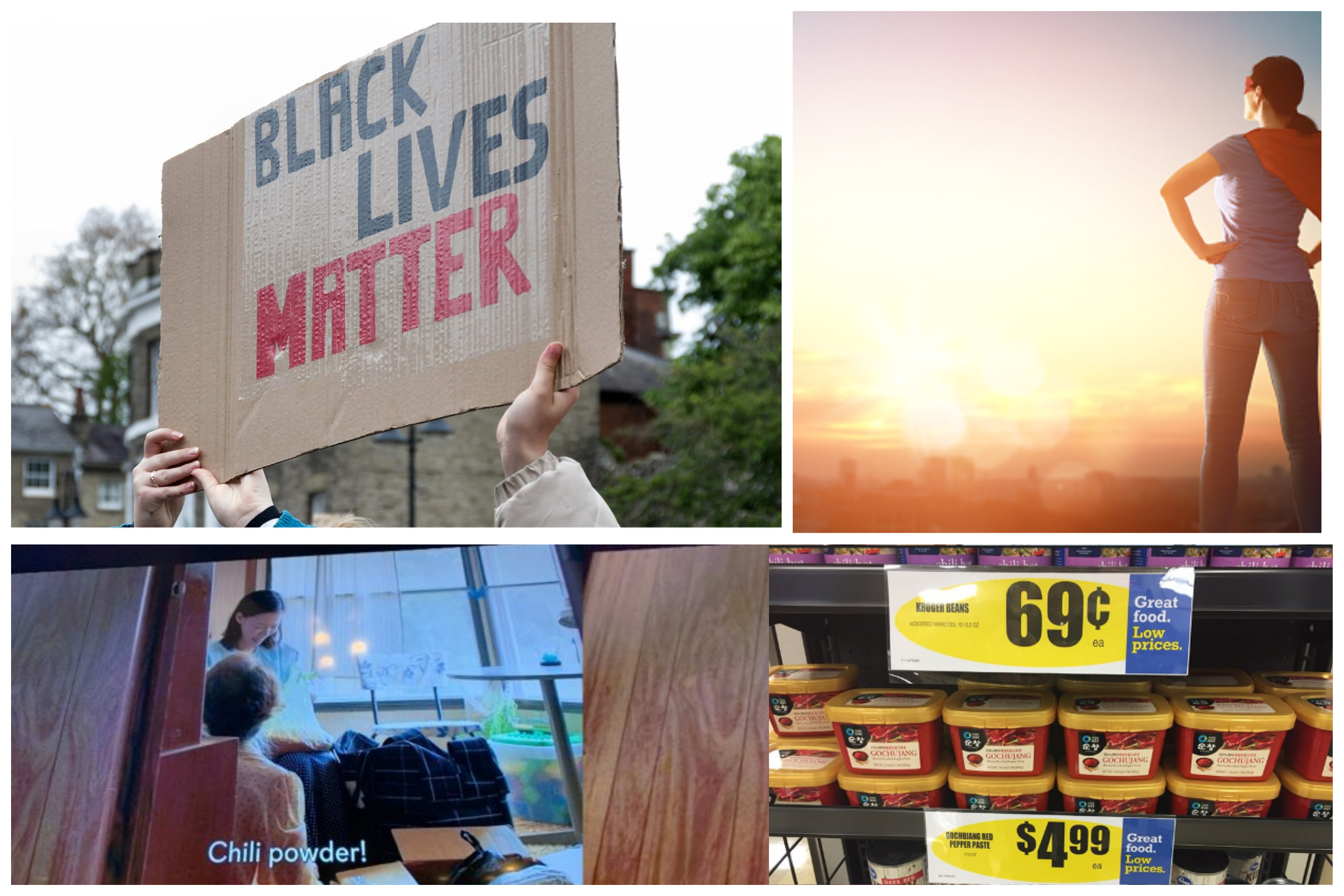
New and Noteworthy
Board member S Ericson covered new research from Samuel L. Perry, Kenneth E. Frantz, and Joshua B. Grubbs showing that who identifies as anti-racist is complex with, for instance, many Americans identifying as both color-blind and anti-racist.
Worth a (Look), Sociologically Speaking
Sangyoub Park wrote for Sociological Images on the emotional experience of seeing gochujang, Korean red chili pepper paste, on the shelf in American grocery stores while the United States has experienced a sharp rise in racism and hate crimes against Asian-Americans.
Citings and Sightings
Junia Howell spoke with Marketplace for their Morning Report on the release of the Biden administration’s plan to decrease racial inequity in home appraisals. Howell’s research shows that appraisals of homes in mostly white neighborhoods are three times higher than those in Black or Latinx neighborhoods.
More from Our Partner and Community Pages
Women can run the world (or at least my city) but men continue to hide from equality at home! by Barbara Risman for Council on Contemporary Families’ blog
Meyer Weinshel wrote on Marking Women’s History Month for the Center for Holocaust and Genocide Studies’ blog
SJSU HonorsX from Dispatches from a Dean


